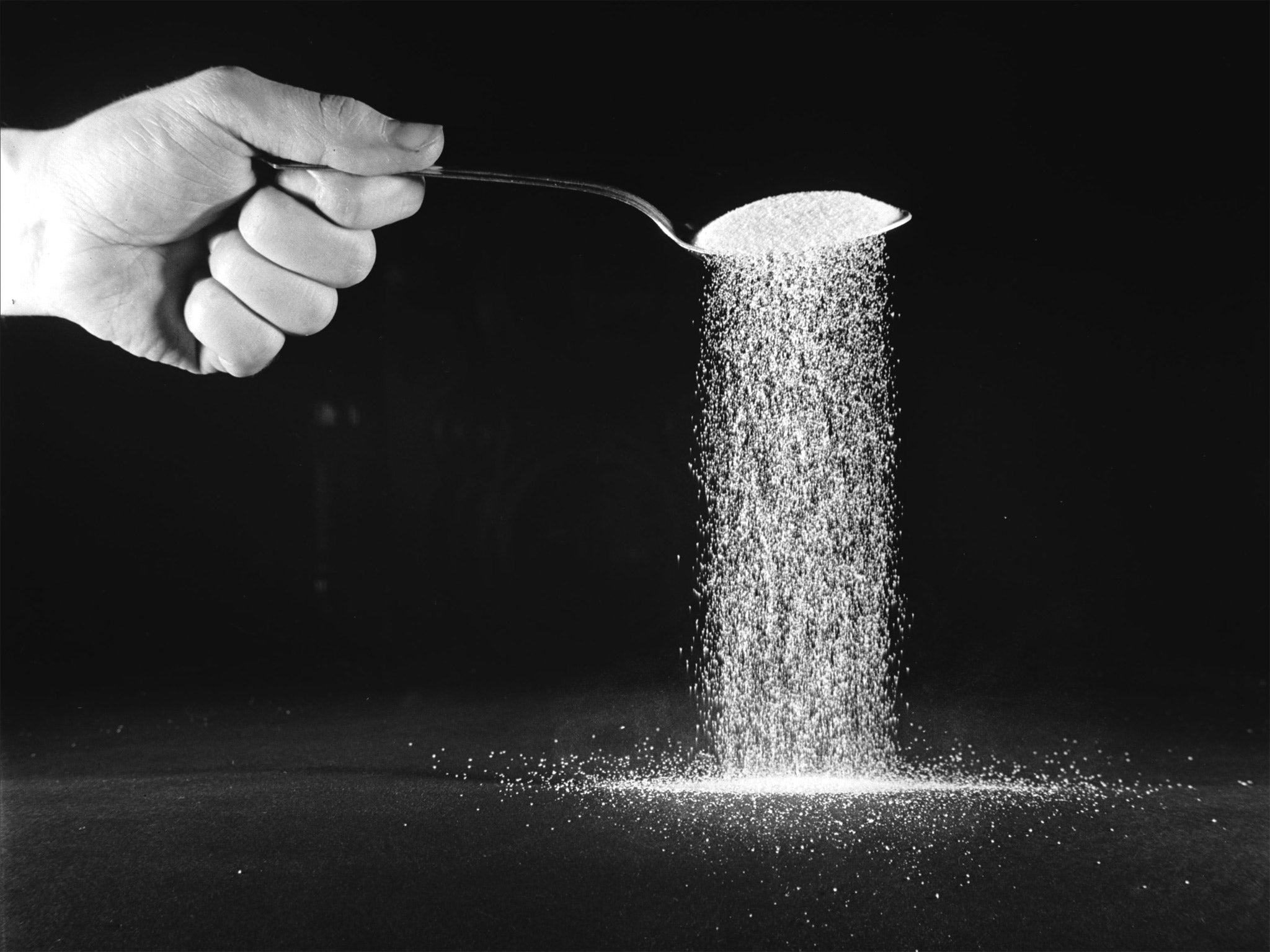Sugary foods to avoid: The ‘healthy’ snacks and drinks that – like fruit juice – hide potentially harmful high levels of sugar
Experts warn against more than one glass of fruit juice a day – but these ‘healthy’ foods can be just as bad for their secret sugar levels

Your support helps us to tell the story
From reproductive rights to climate change to Big Tech, The Independent is on the ground when the story is developing. Whether it's investigating the financials of Elon Musk's pro-Trump PAC or producing our latest documentary, 'The A Word', which shines a light on the American women fighting for reproductive rights, we know how important it is to parse out the facts from the messaging.
At such a critical moment in US history, we need reporters on the ground. Your donation allows us to keep sending journalists to speak to both sides of the story.
The Independent is trusted by Americans across the entire political spectrum. And unlike many other quality news outlets, we choose not to lock Americans out of our reporting and analysis with paywalls. We believe quality journalism should be available to everyone, paid for by those who can afford it.
Your support makes all the difference.Sugar has received a bad press recently – from experts suggesting it might be as bad for us as smoking to hints, from England’s chief medical officer no less, that it might be taxed for the sake of public health.
Now nutritionists at Public Health England (PHE) have said that both children and adults should not be having more than one glass of fruit juice a day – the first time such guidance has ever been issued in the UK.
The advice came as health officials released new figures showing that teenagers in Britain are consuming almost 50 per cent more sugar than the healthy recommended limit.
Just one 500ml bottle of orange juice can contain as many as 13 teaspoons of sugar – but the drink is not the only seemingly healthy option that can end up tipping you over the healthy limit for the day.
Action on Sugar, a movement launched this year by doctors in a bid to get the public taking their intake of the sweet stuff seriously, has pointed out that even a small serving of “0 per cent fat” yoghurt contains around five teaspoons of sugar.
Breakfast cereals are another surprisingly sugary daily staple, with a 30g serving of Kellogg’s Frosties with semi-skimmed milk including four teaspoons of sugar.
From pasta sauce to vitamin-added water – and even bread – excess sugar has become increasingly difficult to avoid with our modern day, ready-made food buying habits.
Speaking about today’s survey results, PHE’s chief nutritionist Dr Alison Tedstone said: “The data released today provides compelling evidence that we all need to make changes to our diet to improve our health, especially for teenagers.
“Eating a healthy, balanced diet that is high in fruit, vegetables and fibre and low in saturated fat, sugar and salt, alongside being more active, will help you to maintain a healthy weight and lower your risk of developing heart disease, type 2 diabetes and some cancers.”
And she told the Daily Telegraph: “The best drinks for school-aged children are water and low-fat milk.
“Fruit juice is also a good choice as it can be included as one of your five portions of fruit and vegetables per day.
“However it should only be drunk once a day and with a meal because it can be high in sugar and can cause tooth decay.”
Action for Sugar’s science director Dr Aseem Malhotra said: “Excess sugar consumption is a major contributor to diet related disease which is already placing huge demands on an NHS which is close to the brink. Reduction in population smoking had a dramatic impact in reducing cardiovascular deaths- brought about by addressing the affordability, availability and acceptability of Tobacco. Introducing a sugar tax will be a massive step forward improving the populations health, even within a relatively short time period.”
Join our commenting forum
Join thought-provoking conversations, follow other Independent readers and see their replies
Comments